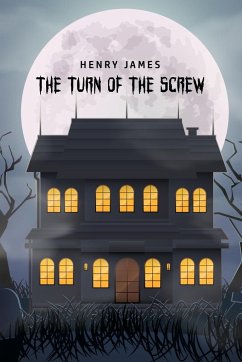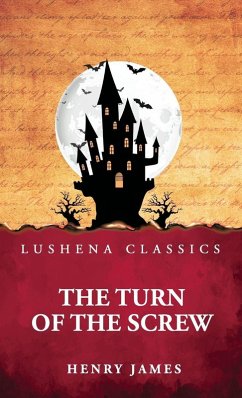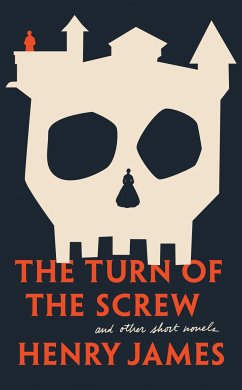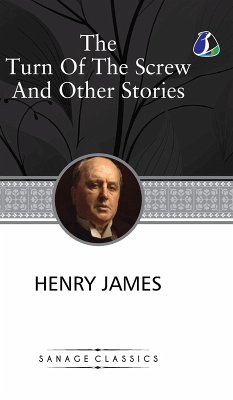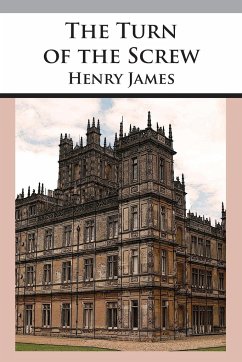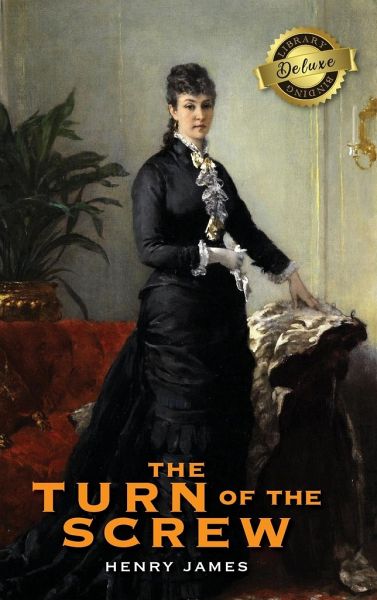
The Turn of the Screw (Deluxe Library Edition)
Versandkostenfrei!
Versandfertig in 1-2 Wochen
30,99 €
inkl. MwSt.

PAYBACK Punkte
15 °P sammeln!
The Turn of the Screw is an 1898 horror novella by Henry James. Classified as both gothic fiction and a ghost story, the novella focuses on a governess who, caring for two children at a remote estate, becomes convinced that the grounds are haunted. The governess soon becomes persuaded that the two children are secretly aware of the ghosts' presence. In the century following its publication, The Turn of the Screw became a cornerstone text of academics who subscribed to New Criticism. The novella has had differing interpretations, often mutually exclusive. Many critics have tried to determine th...
The Turn of the Screw is an 1898 horror novella by Henry James. Classified as both gothic fiction and a ghost story, the novella focuses on a governess who, caring for two children at a remote estate, becomes convinced that the grounds are haunted. The governess soon becomes persuaded that the two children are secretly aware of the ghosts' presence. In the century following its publication, The Turn of the Screw became a cornerstone text of academics who subscribed to New Criticism. The novella has had differing interpretations, often mutually exclusive. Many critics have tried to determine the exact nature of the evil hinted at by the story. However, others have argued that the brilliance of the novella results from its ability to create an intimate sense of confusion and suspense within the reader.




